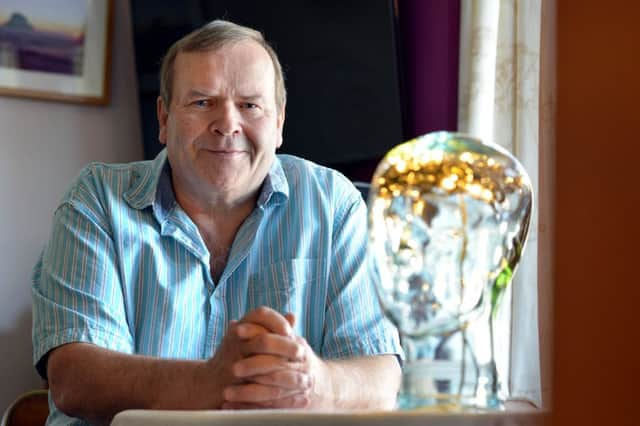Support that is invaluable for those suffering from mental illness


However, if these feelings persist or deepen, mental illness can develop. Mental illness covers everything from anxiety, addiction, obsession, phobia and depression to bipolar disorder, personality disorder, schizophrenia or an eating disorder and mental illness affects one in four people. The impact on the individual, their family, friends and wider society is huge.
Stigma surrounding mental illness is less these days, with celebrities, such as actor Stephen Fry and cricketer Marcus Trescothick, talking openly about their problems. But the anxiety people feel about how they will be treated if they open up is still a barrier to seeking treatment. Psychiatric medication and psychotherapy are widely accepted treatments and peer support from other sufferers can be a huge help.
Advertisement
Hide AdAdvertisement
Hide AdSussex Community Foundation funds many peer support groups for people with mental health issues. One of those is Eastbourne-based Managing Bipolar, run by Tim Wood (pictured) who himself has a diagnosis of bipolar disorder, what used to be called ‘manic depression’. Sufferers experience episodes of depression, where they feel very low and lethargic, and of mania, where they feel very high and overactive.
“Looking back, I recognise that I’ve had bipolar really since the age of five. Often it can be triggered by a traumatic event and I was in hospital for many months. Of course, my parents visited but I was very unhappy there,” explains Tim. “I can see that some of my behaviours at that time were in keeping with bipolar.”
Tim describes bipolar as ‘an allergy to stress’. Later in Tim’s life, a work-related trauma happened. He suffered anxiety, post-traumatic stress disorder and depression. He was diagnosed with bipolar in 2006.
“Like others, I was offered a 14-week NHS course ‘Coping with bipolar’. I wasn’t really well enough the first time to take it all in and so did the course twice. Once that course is over, no further support is offered. I thought I’m sure I can do this differently.”
Advertisement
Hide AdAdvertisement
Hide AdTim was asked by the NHS to co-facilitate some of the sessions. From there, Managing Bipolar was born in 2014. The group received a £10,000 Hastings & Rother Reducing Health Inequalities grant in 2015 to support its work.
Tim feels strongly that people need support to master the techniques they need to manage their symptoms. “There are weekly meetings where people can share their lived experience of bipolar and the ways they manage the disorder. It’s a safe place where people can open up and ask questions. It’s a rich source of information from people who know what life with bipolar is like and that support is invaluable.”